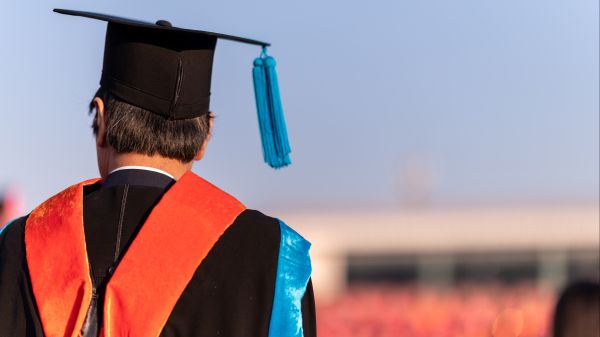Master of Natural Resources — Environmental Education and Science Communication

EARN YOUR DEGREE. MAKE A DIFFERENCE. FIND YOUR PLACE.
Future scientists, communicators, and educators: complete your graduate degree and gain valuable professional experience, all in 10.5 months. Live, learn, and teach with us in a classroom that ranges from local public schools to middle of the largest Wilderness in the lower 48.
Prospective graduate students from across all disciplines should apply. We value the diversity of thinking that comes from all backgrounds. Our program is inclusive; thus we seek sincere, hardworking, creative applicants who demonstrate a desire to learn and a willingness to facilitate youth programs.
Focus in the following disciplines:
- environmental education
- collaborative leadership
- place-based education
- science communication
- ecology of West Central Idaho
- interdisciplinary problem solving
Requirements for Application:
- Statement of purpose titled "The McCall Outdoor Science School" that addresses the following prompt:
- This immersive graduate experience is academically rigorous and compressed into a short timeframe. Graduate work requires independent and collaborative problem-solving, creativity, and willingness to learn and struggle, often in the face of uncertainty. Students will be members of a professional learning community that collaborates with peers, K12 students, and teachers, faculty, and staff. It often requires long hours and significant intellectual as well as emotional labor. In a one-page essay, please describe how your experiences, skills, and motivations will help you to thrive in this graduate program.
- Three letters of recommendation will be required to complete your application packet. On the online application, you will be prompted to enter names and contact information for three references. These three people will be sent requests for a letter of recommendation from the University and will send those back directly.
- Official Transcripts/ academic credentials. These must be the official version from your University or College. You can upload into the application or mail them to:
- Graduate Admissions
University of Idaho 875
Perimeter Drive MS 3019
Moscow, ID 83844-3019
- Graduate Admissions
(GRE not required)
Applications are accepted on a rolling basis for positions starting in the Fall of 2026.
Reference this post and have your application fee waived!
Learn more on the University of Idaho website or contact Leslie Dorsey at ldorsey@uidaho.edu.
ABOUT UNIVERSITY OF IDAHO—MCCALL FIELD CAMPUS
The mission of the McCall FIELD CAMPUS AND OUTDOOR SCIENCE SCHOOL is to transform individuals and communities through innovative research and educational experiences. We envision vibrant, diverse and inclusive communities, empowered to ask difficult questions and transform ways of thinking, to collaboratively and compassionately sustain the social and ecological systems that provide for us.
Our faculty, staff, and students value creativity, sustainability, diversity, inclusion, integrity, collaboration, and reflection. To this end, we educate, lead, discover, create, and communicate.

